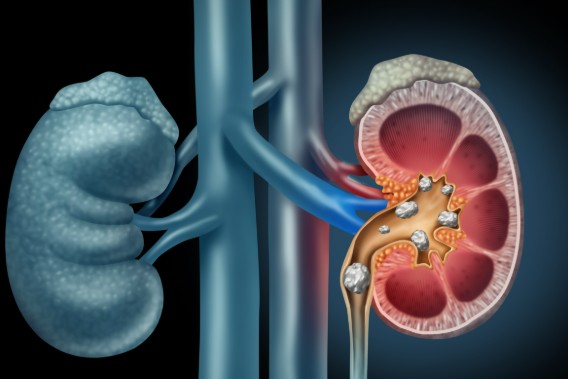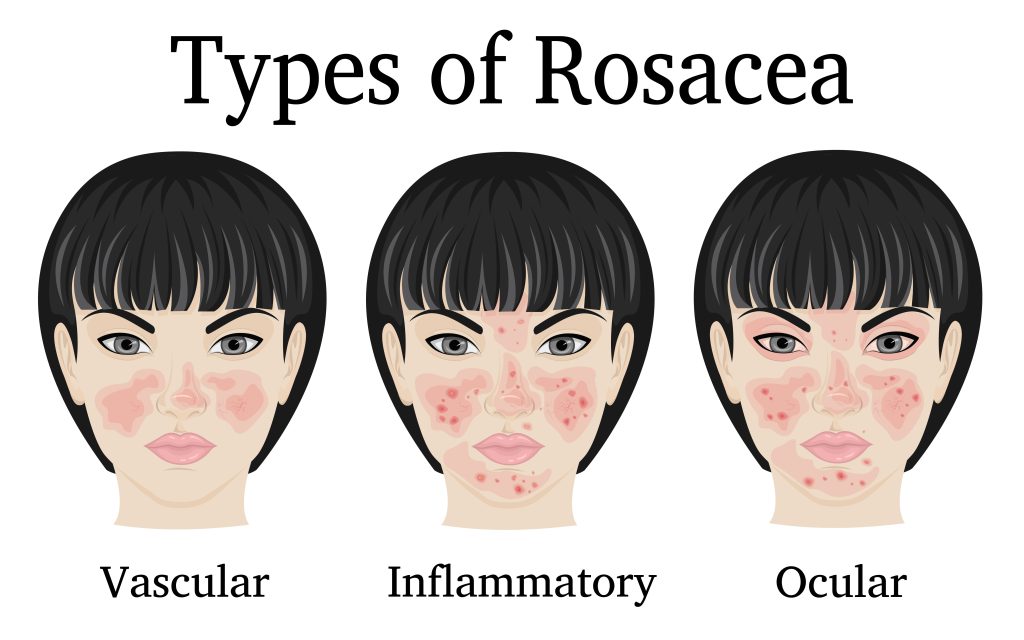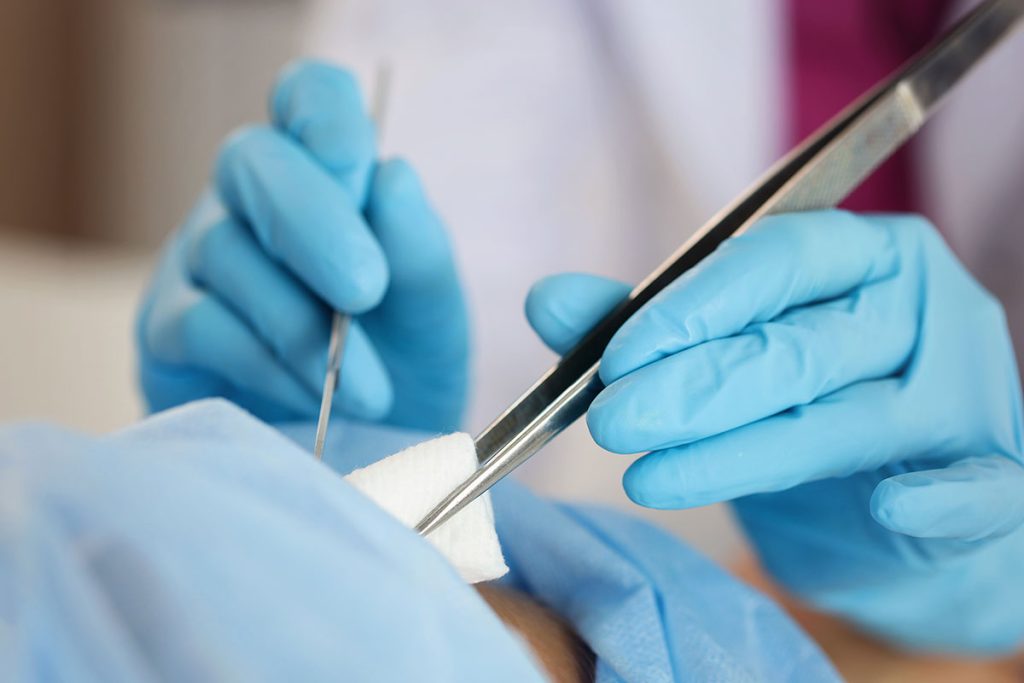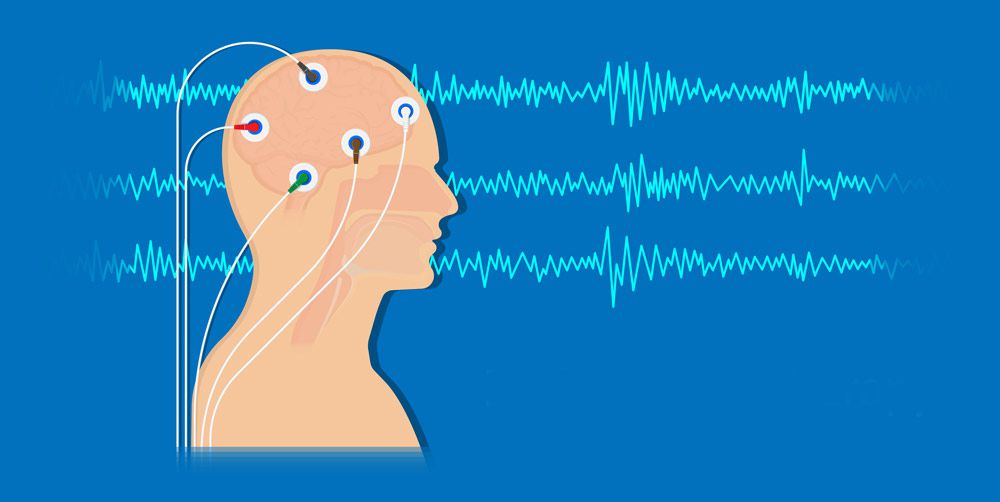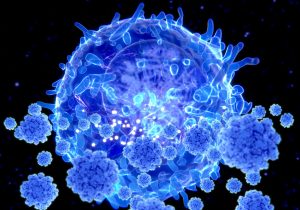I recently completed a series of Neurotherapy sessions at a local clinic called Neurotherapy of Colorado Springs. I was thrilled with the results that I experienced while still being in therapy, and I continue to see more positives now that I’m a graduate! I wanted to share with my readers how valuable Neurofeedback can be.
First, I’d like to share why I chose to pursue Neurotherapy. During my long progression of healing from Mast Cell Activation Syndrome (MCAS), I began to read about how our thoughts affect our body. I’ve written about New Thought elsewhere on my website here. I began reading books by Dr. Joe Dispenza and Ernest Holmes, and learned how powerful my mind really is, especially when it comes to illness. The education was very helpful, but reading about something and actually doing it to effect change are two different things.
I attended two of Dr. Joe Dispenza’s in person courses about 10 years ago along with participating in his monthly telephone presentations, which was a different progression of courses than what he currently has. Nevertheless, I was able to learn meditation techniques and was disciplined to meditate every day in addition to “blessing the energy centers” of my body for a couple of years. While I learned a lot of new lingo, for myself I never could see much progression in the healing of symptoms I was experiencing. I know some people really relate to Dr. Joe’s techniques, but for me I didn’t get results, and in fact some of the breathing techniques he suggested made my symptoms worse!
I looked into Dynamic Neural Retraining and the Gupta Program, both of which help to retrain the brain, and was concerned about my ability, once again, to get any results when I was basically left on my own to practice these programs. Some people are able to follow directions, and feel the energy, and make progress. For me, I’m not blessed with that. I need hand holding and someone to provide feedback to me to ensure I’m not off doing my own thing and wondering why I’m not getting any results.
I had begun to read about the relationship that mast cells have with the nervous system, and I knew from my experience with Rapid Resolution Therapy (RRT) that having my nervous system calm down around traumatic events was very helpful. However, my nervous system felt like it was at the level of fight or flight constantly, even when there wasn’t any trauma or upset occurring. That’s what landed me doing a Google search for Biofeedback and Neurofeedback.
I found that there are A LOT of practices that call what they are doing Neurofeedback. They wanted to rent me a machine to take home and plug myself in. Once again, I didn’t trust that I could do that correctly. And I really wanted to do Biofeedback AND Neurofeedback since I knew that I had a lot of body symptoms occurring from MCAS like itchy skin, stomach aches, occasional hives, general inflammation and hot flashes.
Other practices promised amazing results for anxiety in 6 sessions, yet performed the same services on every patient. This didn’t feel like the right route for me, especially knowing how sensitive my body is. I wanted something that was geared toward me, and I was willing to put in the time and effort to make it work.
It took a while of being on a wait list until I could get into Neurotherapy of Colorado Springs. My insurance didn’t cover the sessions, and I’m not sure if any does, but their practice is booming! They see people with brain injuries, children and adults with ADHD, older people with memory challenges, and many other brain related issues including anxiety. The best part was that when I mentioned that I wanted to calm down my mast cells and that I had a diagnosis of MCAS, the Director knew exactly what I was referencing. I can tell you that rarely occurs. Too many times, I’ve had to explain to doctors what MCAS is, and I was thrilled I didn’t have to do that this time.
I first completed a qEEG (Quantitative Electroencephalogram) which measures electrical activity in brain waves. I wouldn’t be able to read the results of this, but a Neurotherapist at the practice was able to look at my brain waves and tell me almost EXACTLY what my symptoms likely were (even emotional responses to stress and anxiety), where they sourced from, and what they would be able to do to create new neural pathways. I was quite impressed, especially since I hadn’t given any background information at that point. He was able to see all of this based upon my brain waves being too active or not active enough in certain areas of my brain.
The qEEG is such an important gathering of data, and many Neurofeedback practices that I had interviewed didn’t use this tool, mainly because it is an expensive test. I’ve had friends who have gone to those practices and ended up experiencing increased anxiety rather than diminishing anxiety with sessions of Neurofeedback. That’s the last thing I wanted to have occur.
I attended two one-hour sessions per week for a total of 50 sessions. Within the first two weeks, I was able to sleep more soundly. More than just the changes that I noticed, my husband noticed how much calmer I was. I was able to stick with difficult conversations without “freezing” or needing to take a break. In general, I was functioning much better with much less anxiety.
As I wrote in a previous blog post, I got COVID in the middle of Neurotherapy and was shocked at how much my brain turned to mush when I returned to continue with sessions. I was able to get brain function back quickly however, and graduated with what feels like a different brain!
Anxiety previously would awaken me in the middle of the night, and I’d have difficulty getting back to sleep. I now have a breathing practice which I can get centered into and fall back to sleep easily.
I’m able to continue to practice HeartMath which I wrote about previously here, which helps to keep my parasympathetic nervous system helping my body to rest and digest.
My skin is no longer a dot-to-dot rash of itchy bumps. And best of all, I no longer have symptoms of IBS (Irritable Bowel Syndrome)! I feel sure the IBS was related to all of the anxiety I was experiencing with MCAS.
I’ve tried adding new foods to my diet and no longer have the immediate MCAS response of flushing and anxiety. The interesting thing is that I do still have EoE (Eosinophilic Esophagitis) and that disease mechanism does not seem as responsive to the Neurotherapy. I’m in hot pursuit of a modality to cure it now.
In the meantime, I would encourage anyone wanting to retrain your brain to check out Neurotherapy!
